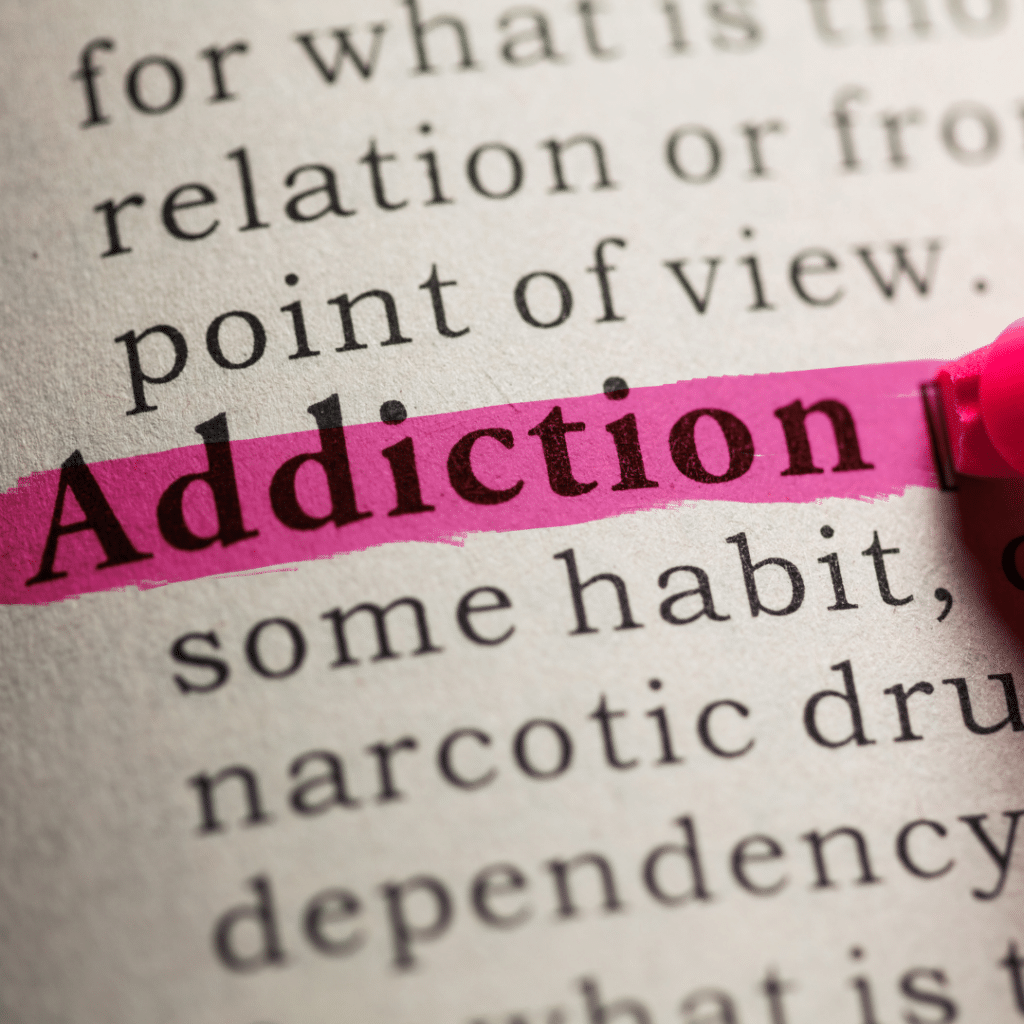
Alcohol and drug addiction are complex issues that affect millions of individuals and families across the United States. At Alteri Behavioral Health, we believe that knowledge is a powerful tool in addressing these challenges. We’ve got offices conveniently located in Danville, Frankfort & Lexington, Kentucky. Don’t Delay, Get help today!
Alcohol and drug addiction, often referred to as substance use disorder (SUD), is a chronic disease characterized by an individual’s compulsive and harmful use of substances, despite the negative consequences it may bring. Addiction can affect anyone, regardless of age, gender, or background.
In recent years, the United States has faced an alarming increase in substance addiction, particularly in the context of the opioid crisis. This crisis has affected communities nationwide, leading to a surge in addiction rates and overdose deaths. It’s important to recognize the urgency of addressing this issue and seeking help if you or someone you know is struggling.
Understanding the complex reasons behind substance use is crucial in addressing addiction effectively. While each individual’s experience is unique, there are common factors that contribute to why people turn to drugs and alcohol:
Understanding these underlying factors can guide us toward a more empathetic and effective approach to helping individuals struggling with addiction. At Alteri Behavioral Health, we prioritize personalized care that addresses the root causes of substance use disorder, offering hope and support on the path to recovery.
If you or someone you know is facing the challenges of addiction, don’t hesitate to reach out to us. We’re here to help you or your loved one break free from the cycle of addiction and embrace a healthier, brighter future.
The “War on Drugs” is a term that has been synonymous with U.S. drug policy for decades. While its intentions were to combat drug abuse and addiction, the impact of this approach on individuals struggling with alcohol and drug addiction has been profound.
The “War on Drugs” was initiated in the 1980s and intensified in subsequent years. It aimed to reduce drug abuse and trafficking through strict law enforcement, stringent sentencing, and anti-drug campaigns. However, it became increasingly clear that this approach had unintended consequences.
In recent years, there has been a growing recognition of the need for a more compassionate and effective approach to alcohol and drug addiction. The focus has shifted towards:
At Alteri Behavioral Health, we stand firmly on the side of compassion and treatment.
We believe that individuals struggling with alcohol and drug addiction deserve understanding, support, and access to evidence-based treatment options. Our mission is to help individuals break free from addiction and regain control of their lives.
If you or someone you know is seeking help for alcohol and drug addiction, we’re here to guide you on your path to recovery. Contact us today, and let’s work together to build a brighter, healthier future.
Recognizing the signs of alcohol and drug abuse are actually quite easy – when you know what you’re looking for. While the following signs are just suggestions to look for, don’t take them lightly:
If you recognize any of these signs in a loved one, you should take steps to confront your loved one and try to steer them towards recovery efforts. The process is not simple, but when you take the time to help them realize that what they are doing is damaging not only themselves but those around them, they will possibly be more open to help.
Check out our Frequently Asked Questions for more information.
Alcohol and drug addiction can be debilitating to families all over the world. It takes hold of lives and can ruin them in an instant. Drug and alcohol addiction are very serious diseases that should not be ignored. If you think you or a loved one might be struggling with this powerful problem, seek help now!
There are more resources available now than ever before when it comes to drug and alcohol addiction. Whether you seek out help from an in-patient rehab facility, or through a counseling service, it’s imperative that help be gotten in any way. Drug and alcohol addiction can be conquered, but first, there needs to be an admission that a problem exists. That doesn’t mean weakness, that actually means strength!
If you are a provider looking to refer a patient, please click here.
Learn more about Narcotics Anonymous, a 12 Step Recovery program for drug addiction.